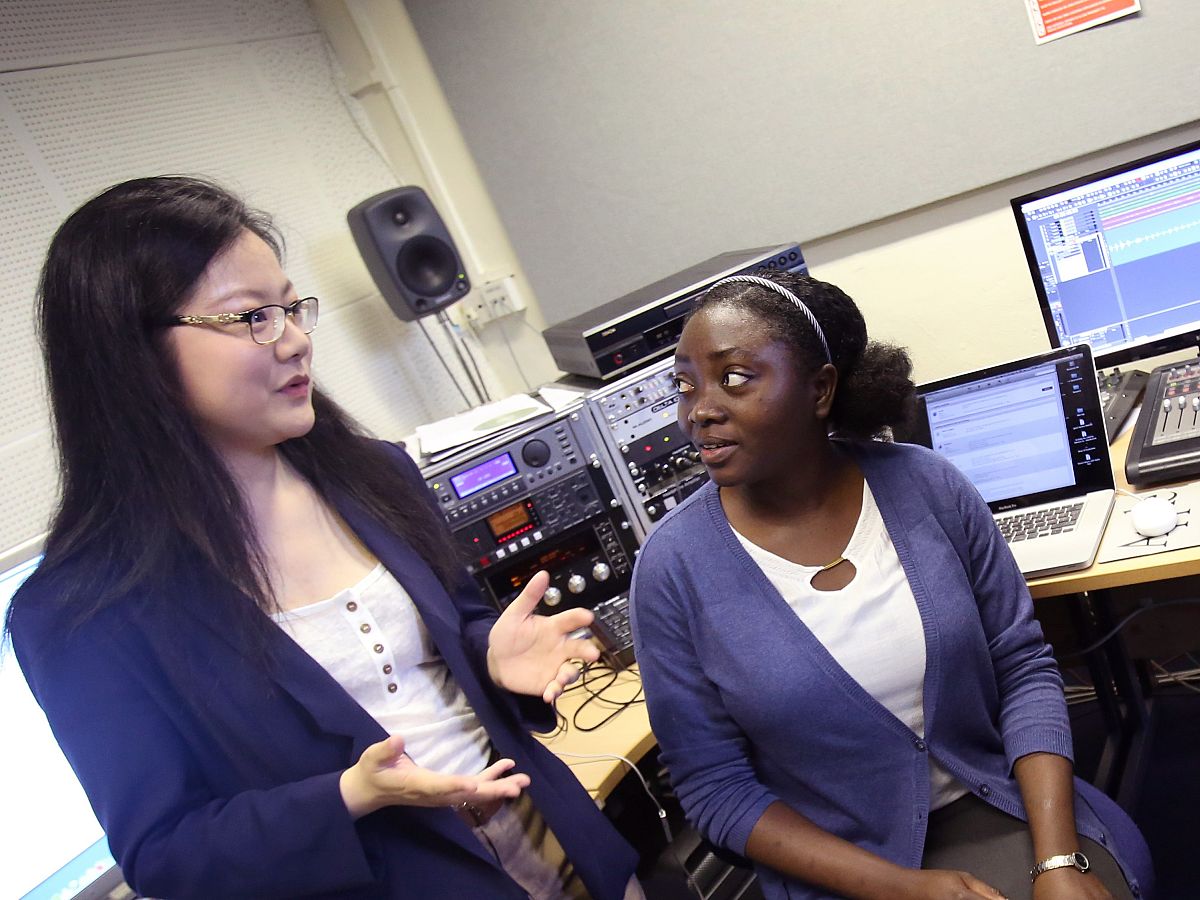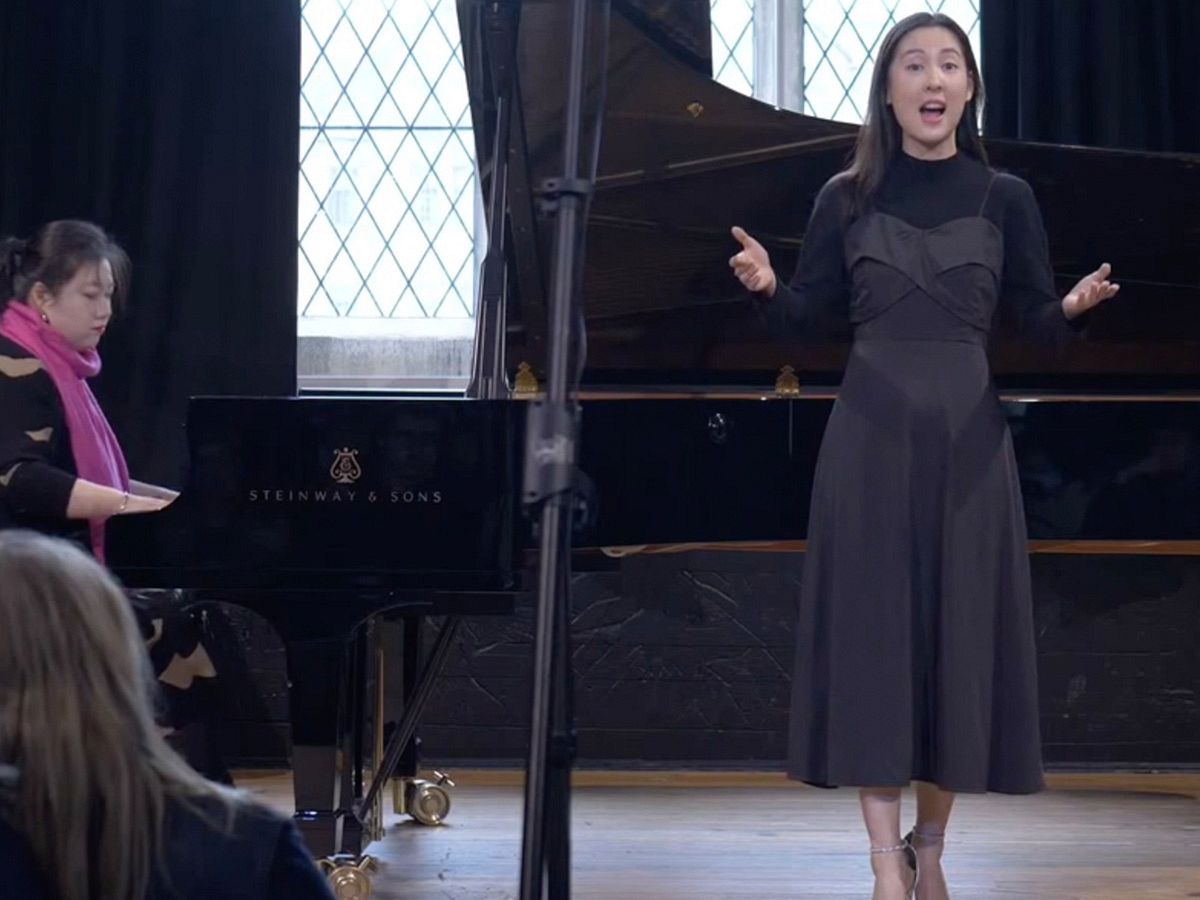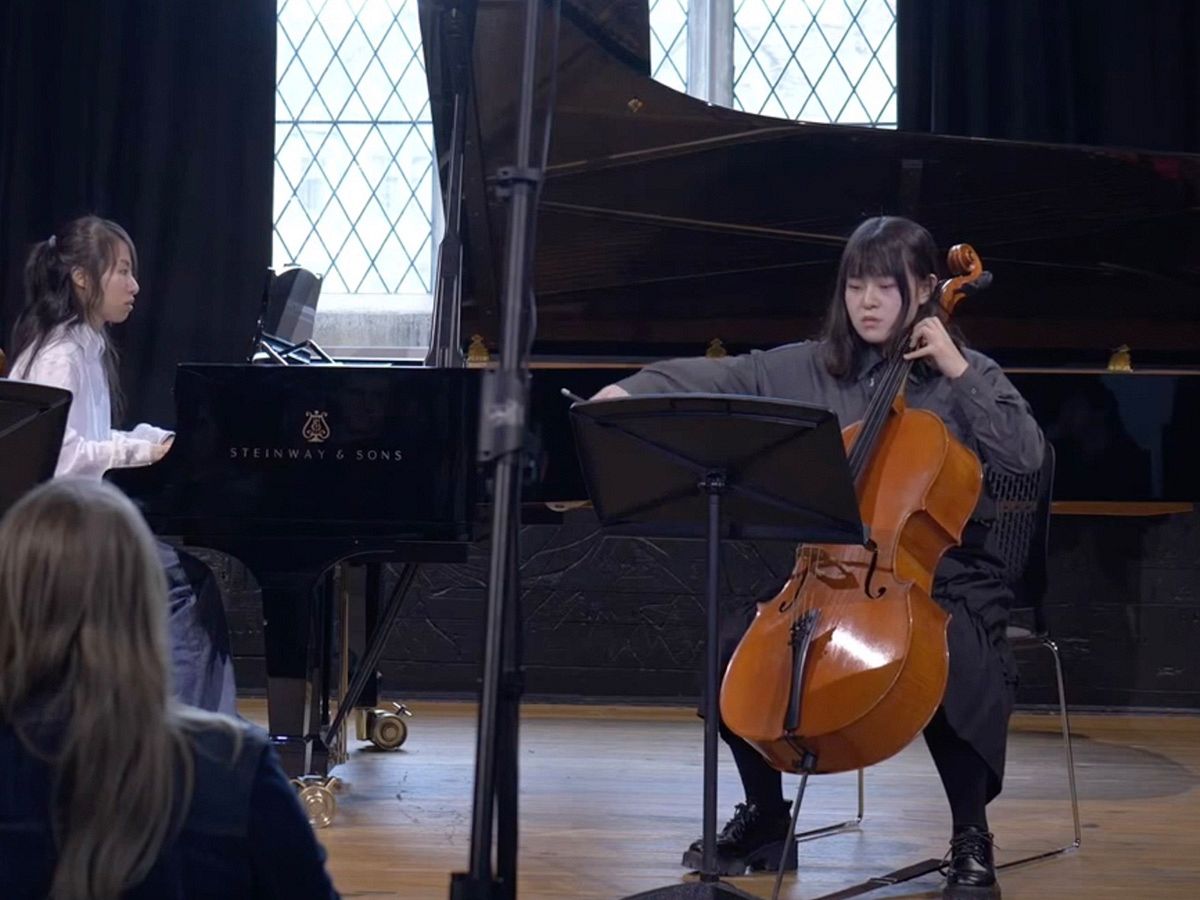You may have heard of the Athena Swan Charter but read on to find out more about what’s involved in receiving and retaining an award and the cultural change it brings about.
Athena Swan is an Advance HE charter, providing a framework by which institutions can work towards gender equality through policies, procedures and practices. With a Bronze institutional award and 23 Bronze and Silver departmental awards, we can say that we are making progress when it comes to addressing gender inequalities.
The work in this area is part of the University’s drive to create a fairer and more equitable organisation. A statement has been developed to support the broad range of projects that are underway:
Together we celebrate difference, value one another and are each responsible for creating an inclusive community that is respectful and fair for all.
Dialogue spoke to Professor Alex Harrington, Deputy Executive Dean (People and Workplace Culture) in the Faculty of Arts and Humanities, and Professor of Ethnomusicology Laura Leante, Music’s Head of Department. Alex and Laura were both part of the self-assessment team who worked on Music’s successful submission for a Bronze award, received in September 2022.
The team was led by Dr James Weeks and consisted of professional services and academic staff members, undergraduates and postgraduates from the department, all committed to promoting the best environment for learning, teaching and working.

Postgraduate students in the Department of Music.
How did you get involved in the Athena Swan work?
Alex: Part of the brief of the Deputy Executive Dean for People and Workplace Culture is equality, diversity and inclusion (EDI), and coordinating Athena Swan work. I also worked on Athena Swan back in 2016 when it had recently been rolled out to Arts and Humanities and Social Sciences. Since then, Advance HE have responded to some of the criticisms of the scheme. There is more scope now to explore intersectionality and how gender equality intersects with that of other characteristics.
Laura: In Music, the process of applying for the Bronze award has been quite long – several years. When we started talking about it, I was contributing as a member of the department. Then I became a member of the Athena Swan working group and the EDI committee, before becoming closer through my role as Head of Department in the last year, leading up to submission. I have to say that the process may have taken a long time, but it has been transformative also because of that.

The International Women’s Day Concert 2022.
What’s involved in applying for an Athena Swan award?
Alex: The process provides a vehicle for change. There’s an application form to complete, and it’s a data-driven process, so you scrutinise student and staff data. If the data suggests any gender-related issues, you come up with actions informed by discussion, focus groups and surveys to address them, then measure and evidence success. The action plan is live and monitored.
Laura: The process facilitates conversations which are sometimes uncomfortable, but if they’re not uncomfortable, it’s probably not going to be a productive process. You can’t change a culture in silent ways – different opinions need to be voiced.
The whole process was complex and tiring, but it was necessary work and certainly not just a box-ticking exercise. Out of the application and the focus groups came a coherent plan of action. The granularity of that plan is important – without the Athena Swan process, I’m not sure we would have explored gender equality at such a granular level.
Alex: And it’s focused on students as well as staff – the contribution from students to the process has been immense through the working group and the EDI Committee. We’ve also had great support from the central EDI team, including a mock Advance HE-style panel that they organised prior to submission. The feedback from that was extremely helpful and also allowed us to understand and consider how we can build upon and apply learning from across the University and beyond.

The International Women’s Day Concert 2022.
What impact has the Athena Swan work had on people’s everyday working lives or experience of studying in the department so far?
Laura: It’s normalised talking about these issues, which is a great achievement in itself.
The earliest steps were looking at curriculum and reading lists, increasing the presence of women as authors and in narratives, and exposing students to content that is more explicitly critical with a range of scholars across genders. It’s how it should always have been.
We’ve also redesigned our recruitment campaigns, phrasing ads in a way that is more inclusive. It’s a small department with low turnover, and we still have a lower female proportion of staff, but we’re looking at different ways to address that and are on an upward trajectory.
Alex: One of the things it does on a basic level is make sure that people know about the benefits available to them, and how they can raise concerns – that there are clear processes and policies. It raises awareness that there are various kinds of leave taking open to carers or those wanting to take career breaks, for example.
Laura: We now integrate unconscious bias and active bystander training into our induction process, and we’re making an effort to ensure our webpages show inclusivity and diversity.
The support of the institution is crucial. For example, when we decided we needed to withdraw an advertised role because of a low proportion of female candidates, it was a scary decision, but HR supported us. We tried another campaign and managed to meet the standards we required – the point is to ensure you attract the right spread of candidates.
Laura: We also now mark International Women’s Day with a student concert where mostly female students perform music by women. We live streamed it last year and will again – we want to reach out and celebrate, and by streaming the event, it has an international reach. We will also have a more formal concert in the evening this year. This is all because of Athena Swan.
Receiving the award is one step in an ongoing process – what would you say the next priorities are among the actions?
Laura: We can celebrate the achievement of getting to this point but it’s not a final destination – it’s a starting point. We want to maintain the momentum and continue the work that’s now in progress.
We are now more conscious and strategic about role models, celebrating research success, and training opportunities such as Aurora, and Diversifying Leadership, too. We need to continue to strive to support the career trajectories of female staff.
Alex: Supporting and enhancing the careers of women is a big part of the process, as well as the representation on the curriculum, but it is ultimately about providing fair, evidenced opportunities that support all. Athena Swan work has also created opportunities for thinking about gender equality outside the department, where students live other parts of their musical lives – through Musicon, the University’s professional concert series, for example.
Laura: The whole process has also opened up dialogue in different areas – like decolonisation – so we are looking at the curriculum and reading lists from that perspective as well, benefiting from the previous experience of Athena Swan. We will continue to listen to students and work collaboratively to address those issues.
Find out more:
